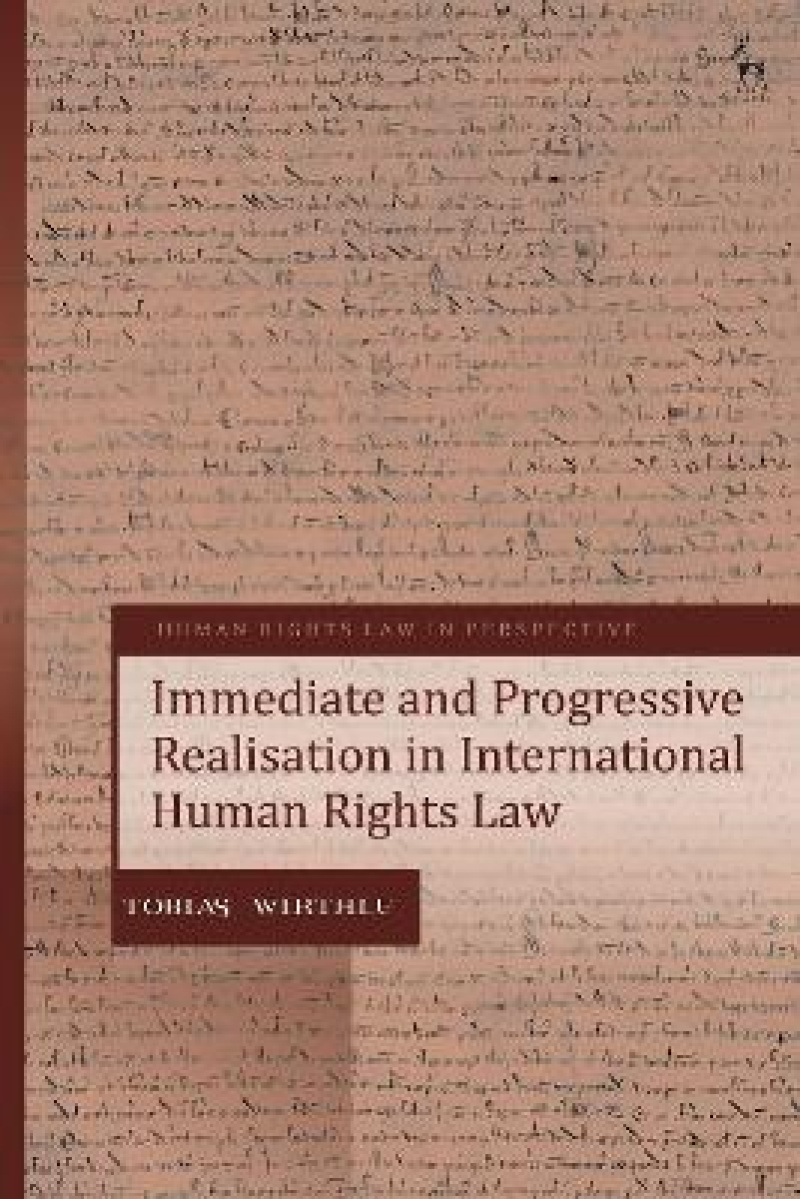This book makes a new and original contribution to the old debate about differences between socio-economic and civil and political rights, which has engaged human rights discourse over several decades.
Although scholars and practitioners now agree that these categories are more alike than originally assumed, they continue to delineate them based on the alleged difference between immediate and progressive realisation. The book asks whether this differentiation is still valid by exploring the historical and theoretical background, the text of relevant UN human rights treaties, and the practice of the UN human rights committees. By so doing, it shows that the standards of realisation converge more than diverge and that this last remaining distinction should be abandoned.
Human rights lawyers, advocates, practitioners and policy makers will find this book invaluable as it brings much needed clarification to this key question.
Scholarly reflections on the nature and impact of human rights law.
The language of human rights figures prominently in legal and political debates at the national, regional and international levels. In the UK the Human Rights Act 1998 has generated considerable interest in the law of human rights. It will continue to provoke much debate in the legal community and the search for original insights and new materials will intensify.
The aim of this series is to provide a forum for scholarly reflection on all aspects of the law of human rights. The series will encourage work which engages with the theoretical, comparative and international dimensions of human rights law. The primary aim is to publish over time books which offer an insight into human rights law in its contextual setting. The objective is to promote an understanding of the nature and impact of human rights law. The series is inclusive, in the sense that all perspectives in legal scholarship are welcome. It will incorporate the work of new and established scholars.
Human Rights Law in Perspective is not confined to consideration of the UK. It will strive to reflect comparative, regional and international perspectives. Work which focuses on human rights law in other states will therefore be included in this series. The intention is to offer an inclusive intellectual home for significant scholarly contributions to human rights law.
